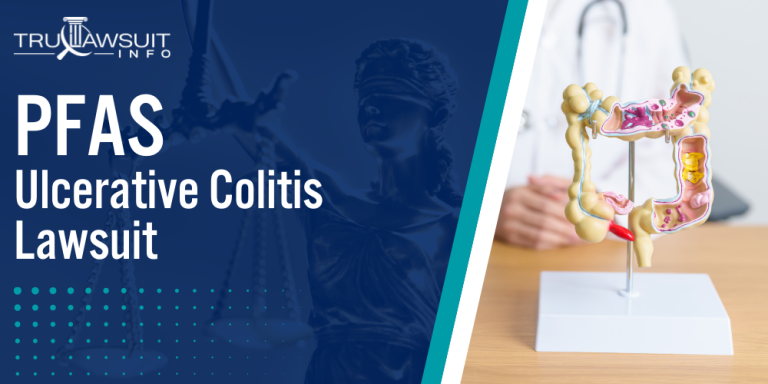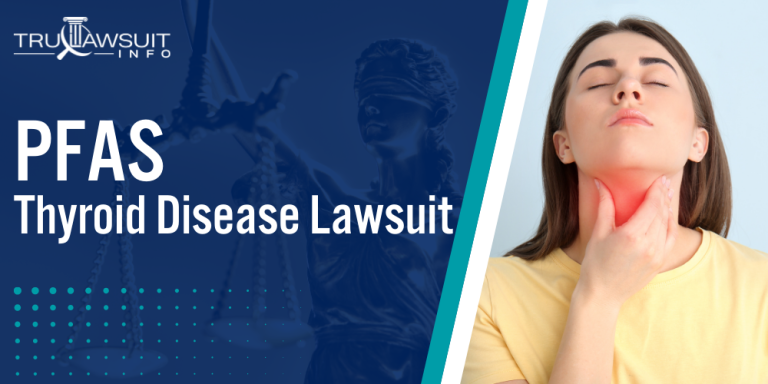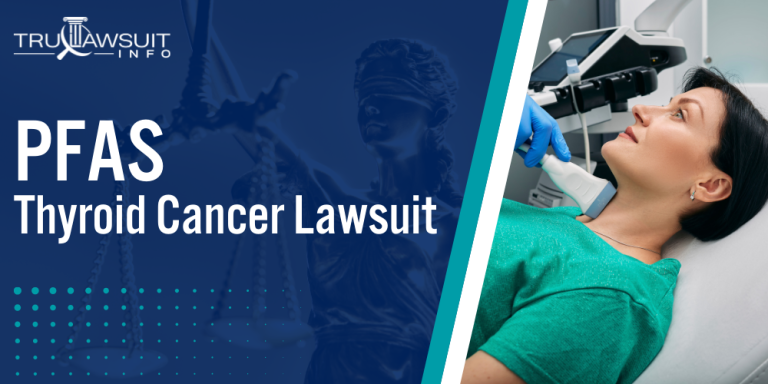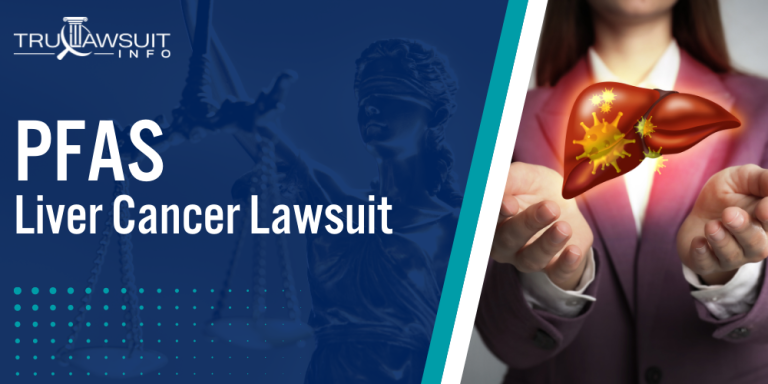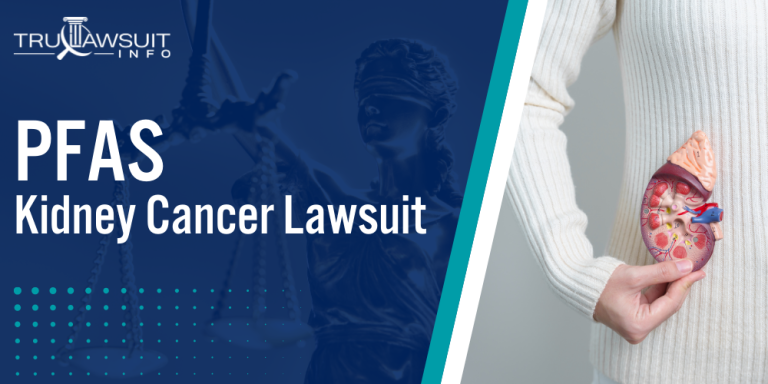Instagram Addiction Lawsuits: Finding Legal Representation
Key Takeaways:
- Victims looking for legal representation in Instagram addiction lawsuits can start by searching for law firms that specialize in technology and social media harm.
- Free consultations are available from many attorneys, providing an opportunity to understand rights and potential lawsuit viability without any initial financial commitment.
- By checking lawyers' track records, reading client testimonials, and ensuring no conflict of interest, users can find the right counsel to guide them through their cases against major tech companies.
Overview of Instagram Addiction Lawsuits
Question: Where Can Users Find Legal Representation for Instagram Addiction Lawsuits?
Answer: Individuals seeking legal representation for the Instagram addiction lawsuits can find assistance at TruLawsuit Info. We have experience in addressing personal injury claims surrounding social media addiction and its legal implications.
On this page, we’ll discuss this question in further depth, including an over of the Instagram addiction lawsuits, potential damages linked to Instagram addiction, and much more.
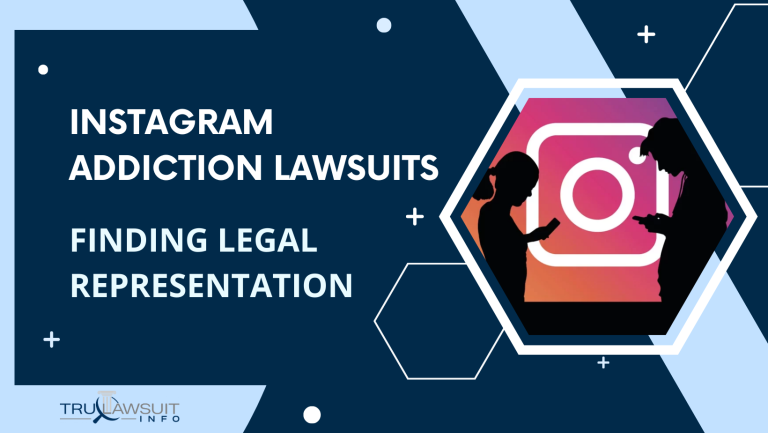
Instagram has recently been hit with multiple lawsuits alleging that the app is intentionally designed to be addictive and harmful to users’ mental health.
The lawsuits center on a number of specific practices:
- Algorithmic Engagement: The use of algorithms that curate content to keep users engaged for longer periods, potentially leading to addictive behavior.
- Feedback Loops: Features like “likes,” comments, and notifications create a cycle of interaction that can cause users to spend excessive amounts of time on the app
- Psychological Effects: The design and functionality of Instagram are said to exploit human psychology, particularly the desire for social validation, which can be detrimental to mental health.
- Lack of Transparency: Plaintiffs argue that Instagram has not been forthcoming about the risks associated with its use, failing to warn users about the potential for addiction and its impact on mental health.
- Further Implications: These allegations raise broader questions about the ethical responsibilities of social media platforms and the long-term effects of their design choices on society as a whole.
If you or a loved one have experienced mental health issues after developing a social media addiction, you may be eligible to file a lawsuit.
Contact TruLawsuit Info for a free consultation using the chat on this page for a free case evaluation to see if you qualify for potential legal action instantly
Table of Contents
Understanding Social Media Addiction
Social media addiction grips many individuals, particularly adolescents, in a pattern of excessive and compulsive use that can overshadow other aspects of life.
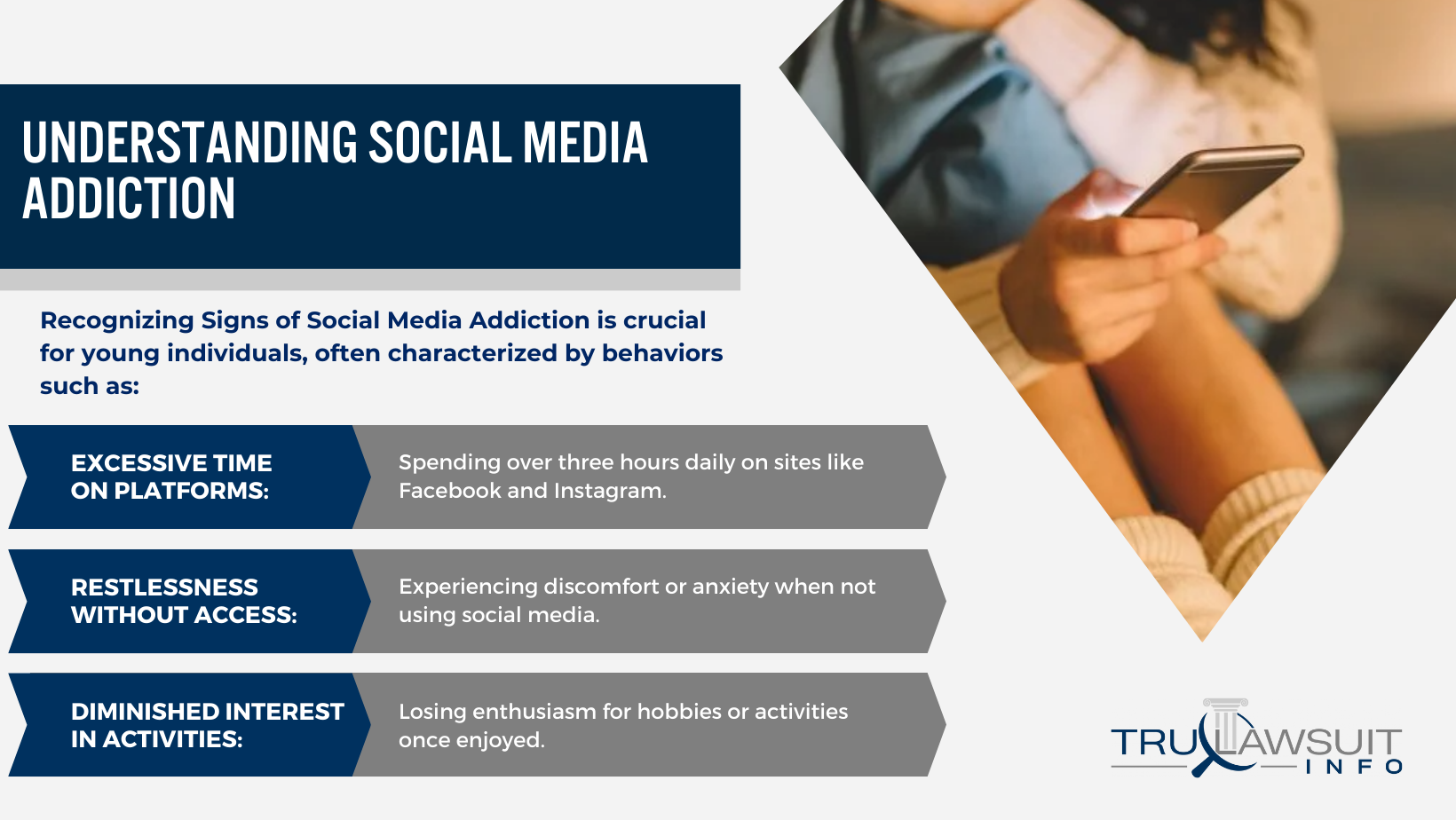
This gripping phenomenon manifests through various signs that signal an unhealthy reliance on platforms like Instagram, affecting users’ daily routines and overall well-being.
The connection to Adolescents
Teens are at a higher risk for social media addiction.
Their brains are still growing, making them more likely to get hooked.
Many spend hours on platforms like Instagram and Facebook every day.
This need to stay connected can hurt their health.
Young people often compare themselves to others online.
They might feel bad about their bodies or lives because of what they see on social media.
These comparisons can lead to mental health problems like low self-esteem or depression.
Lawyers are stepping in to help those harmed by these platforms.
If someone got addicted before turning 21, they might have a case against the social media company that owns the platform.
For example, Meta’s CEO has said sorry for how Facebook affected users’ well-being.
Now, legal experts from TruLaw want to make sure families get justice if they’ve been hurt by social media use before adulthood.
Signs of Social Media Addiction
Social media addiction impacts a growing number of young individuals, negatively influencing their well-being and overall health.
Recognizing Signs of Social Media Addiction is crucial for young individuals, often characterized by behaviors such as:
- Excessive Time on Platforms: Spending over three hours daily on sites like Facebook and Instagram.
- Restlessness Without Access: Experiencing discomfort or anxiety when not using social media.
- Diminished Interest in Other Activities: Losing enthusiasm for hobbies or activities once enjoyed.
- Constant Need to Check Updates: Feeling a compulsion to constantly look at notifications or new posts.
- Neglecting Responsibilities: Allowing social media to interfere with academic or work commitments.
- Disrupted Sleep and Eating Habits: Poor sleep or eating patterns due to late-night browsing.
- Social Conflicts: Encountering arguments with family or friends about social media usage.
If you or a loved one have experienced mental health issues after developing a social media addiction, you may be eligible to file a lawsuit.
Contact TruLawsuit Info for a free consultation using the chat on this page for a free case evaluation to see if you qualify for potential legal action instantly
The Impact of Social Media Addiction on Teens
The surge in social media addiction among adolescents has cast a spotlight on its profound influence on youth mental and emotional well-being.
When teens become entangled in the digital web of Instagram, the fallout often extends beyond their screens, permeating their real-life experiences with serious consequences for their health and development.
Mental Health Effects
Social media addiction hits teens hard in the mental health department.
Hours spent scrolling through Instagram can lead to depression, anxiety, and lower self-esteem.
Teens compare themselves to others and feel they don’t measure up.
This constant social comparison can make them believe their lives aren’t good enough.
Many young users face serious issues like eating disorders and suicidal thoughts because of social media pressure.
These platforms exploit human psychology, keeping teens hooked and sometimes leading to self-destructive behavior like self-harm or suicide attempts.
It’s a real crisis that leaves deep psychological scars on our youth.
The link between Social Media and Self-harm
Teens spend hours scrolling through feeds, looking at pictures, and reading comments.
This can lead to feeling bad about their bodies or lives.
They see other people with “perfect” bodies or “amazing” lives and feel they don’t measure up.
When these feelings grow, some teens turn to self-harm to cope with the pain.
Self-harm is not just cutting—it includes any way a person hurts themselves on purpose.
For some kids, it’s a way to handle emotions they can’t talk about.
Too much time on platforms like Instagram may make these feelings worse.
Teens affected might start thinking about suicide or even try it.
Parents often don’t know what’s happening online or how it affects their kids’ minds.
Lawyers say that companies like Meta Platforms knew about these dangers but didn’t warn users enough.
They are taking cases from young people hurt by social media before turning 21 years old—especially if they were addicted and harmed themselves because of it.
Legal Aspects of Social Media Addiction
With the rise in social media addiction claims, there has been an uptick in lawsuits targeting these digital giants — but what does this mean for those affected?
As we delve into the legality surrounding tech companies and their responsibilities, we uncover the evolving landscape where users’ well-being intersects with corporate accountability.
Lawsuits Against Social Media Companies
People are suing social media giants like Facebook and Instagram.
They say these platforms got them hooked before they turned 21, causing serious injuries.
Courts are filled with such cases.
For example, 399 lawsuits about social media addiction pile up in California’s Northern District court.
The lawsuits make big claims against the tech companies.
They argue that social media sites were made to be too engaging, especially for young people.
Companies didn’t warn users or their parents about how addictive their platforms could be, leading to injuries, the lawsuits say.
Class Action MDL for Instagram Addiction Lawsuits
Courts have grouped hundreds of social media addiction cases into a class action MDL in Northern California.
This move streamlines the process for everyone involved.
In these lawsuits, people claim that Instagram led to mental health issues like anxiety and depression, especially among teens.
Judge Yvonne Gonzalez Rogers hinted she might not let social media companies off easy.
They wanted a quick win and to block expert witnesses from the plaintiffs.
But the judge’s stance suggests those experts might get heard after all.
This could be crucial for families saying Instagram hurt their kids’ mental well-being.
The Role of Legal Immunity in Social Media Lawsuits
Social media companies often say they can’t be sued thanks to a law, 47 U.S.C. § 230.
This law gives them a shield against many legal claims for what users post or the results of those posts.
But, when it comes to social media addiction lawsuits, this shield might not work.
The reason is that these suits blame harm on the platforms’ own tech and ways of doing things.
A big judge, Yvonne Gonzalez Rogers, hints she might say no if social media firms ask to end such cases early.
They also want to block experts who could link the platforms’ tech to users’ harm.
Her stance shows judges are taking these addiction claims seriously.
Teens hurt by social media have lawyers standing up for them in court.
These lawyers fight claims that apps like Instagram cause health problems because they’re made addictive on purpose.
With evidence from insider stories and research studies, strong cases are forming against the social networks for not protecting young users well enough.
Studies Linking Social Media to Health Conditions
Empirical research has identified a correlation between social media use and various health conditions, particularly among adolescents.
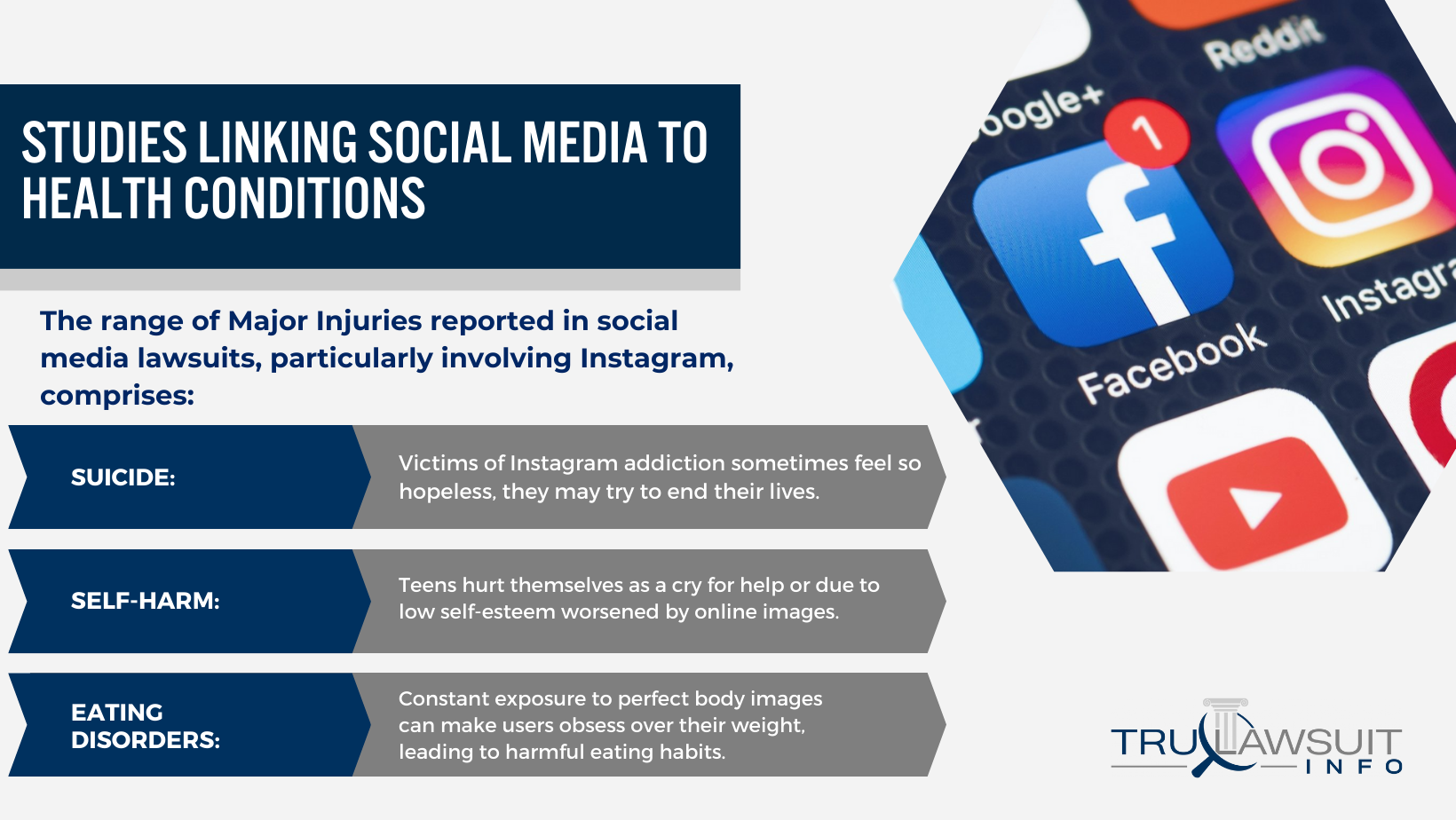
Major studies have unearthed troubling connections—such as those linking heavy Instagram usage with rising incidents of depression and anxiety in teen girls—highlighting the platform’s potential role in exacerbating mental health issues.
Adverse Health Events
Social media can lead to serious health problems.
Teens who use Instagram might develop body image issues or low self-esteem.
These struggles are not just feelings; they can turn into actions that harm the body and mind.
Some teens have even attempted suicide or engaged in self-harm due to social media stress.
Lawyers see a connection between social media use and health dangers.
They look for cases where young people under 21 got addicted and then hurt themselves physically, like with eating disorders or worse.
With hundreds of related lawsuits pending in California, it’s clear this problem is big and widespread.
Major Injuries in a Social Media Lawsuit
Instagram addiction can lead to serious injuries. Lawsuits highlight the damage done to young individuals.
The range of Major Injuries reported in social media lawsuits, particularly involving Instagram, comprises:
- Suicide: Victims of Instagram addiction sometimes feel so hopeless, they may try to end their lives. This is often linked to the pressure of social media.
- Self-harm: Teens hurt themselves as a cry for help or due to low self-esteem worsened by online images.
- Eating disorders: Constant exposure to perfect body images can make users obsess over their weight, leading to harmful eating habits.
- Sleep disorders: Too much screen time, especially at night, disrupts sleep patterns and leads to issues like insomnia.
- Anxiety: The need for likes and followers can cause intense stress and anxiety in users who worry about their online presence.
- Depression: Social media often shows an unrealistic life, making teens feel unhappy with their own lives.
- Body dysmorphia: Edited selfies set impossible beauty standards that make viewers dissatisfied with their own appearance.
Finding Legal Representation for Instagram Addiction Lawsuits
If you suspect that Instagram addiction has adversely affected you or your loved ones, securing the right legal support is crucial.
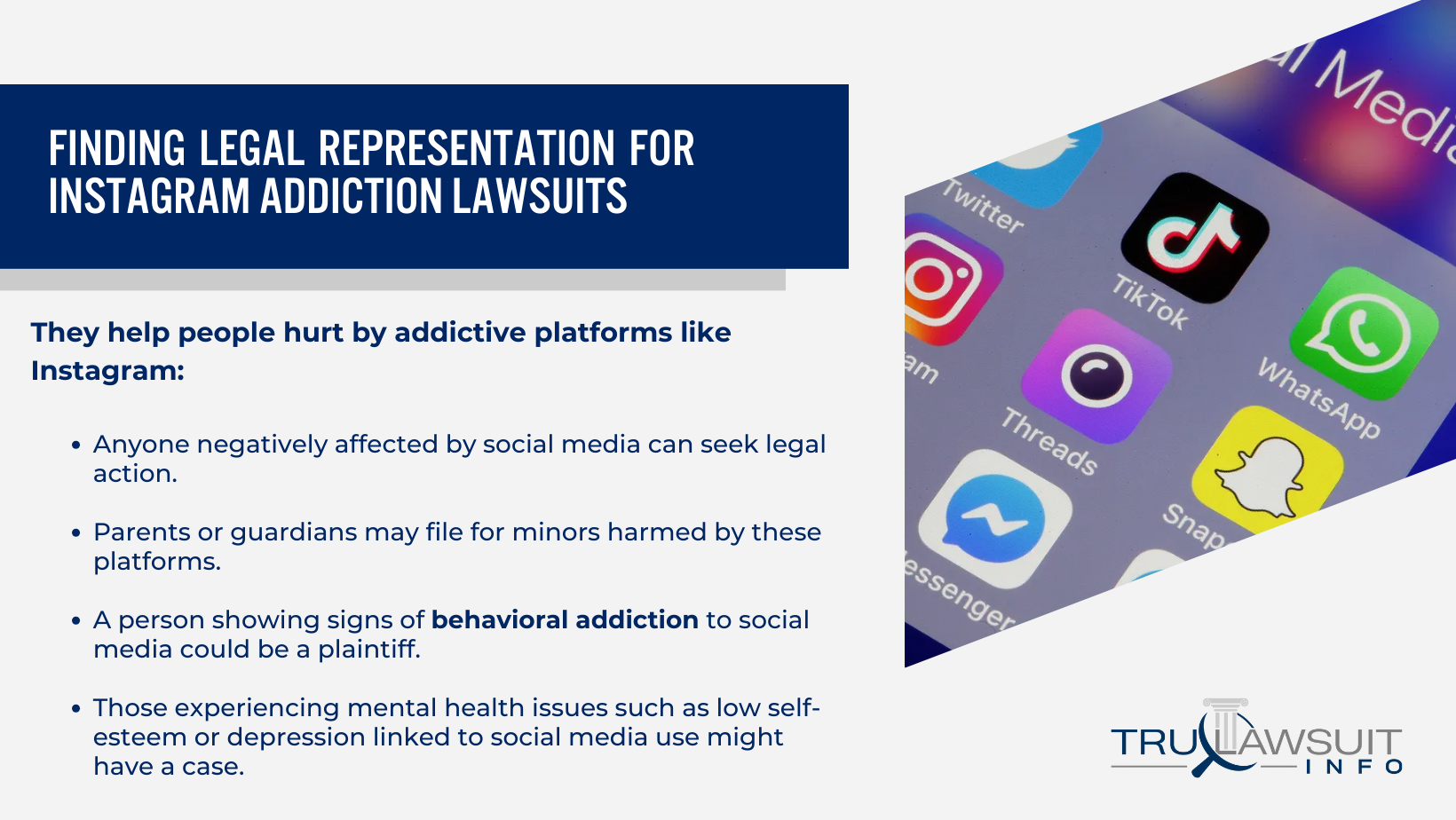
Opting for a law firm like TruLaw ensures specialized guidance for those pursuing social media harm lawsuits—where expertise in digital law intersects with a commitment to clients’ well-being.
Who Can File a Social Media Harm Lawsuit?
Social media harm lawsuits are a new area of law.
They help people hurt by addictive platforms like Instagram.
- Anyone negatively affected by social media can seek legal action.
- Parents or guardians may file for minors harmed by these platforms.
- A person showing signs of behavioral addiction to social media could be a plaintiff.
- Those experiencing mental health issues such as low self-esteem or depression linked to social media use might have a case.
- Individuals engaging in self – harm or having suicidal ideation connected to social media may pursue a lawsuit.
- Teens and young adults facing psychological harm from intense platform usage are potential claimants.
- Schools and school districts noticing impacts on the well – being of their students could consider legal steps.
- People who have internal research showing how platforms led to their negative experiences stand a chance in court.
- Victims feeling they were lured into using the platform more through engagement – based ranking may seek justice.
What to Look for in Social Media Attorneys
Finding the right lawyer is key when facing issues like Instagram addiction. You want a pro who knows social media law inside out.
In choosing Social Media Attorneys, focus on aspects like experience with teen cases, strategy against legal immunity, and resources for investigation:
- Experience with Personal Injury and Mass Tort: Choose a lawyer who has tackled cases similar to yours, especially in the personal injury or mass tort area.
- Knowledge of Social Media Impact: A good attorney understands how platforms can affect mental health and self-esteem.
- Success with Class Action Lawsuits: An attorney with a track record in class actions can handle the complexities of social media cases.
- Familiarity with Federal Legislation: Look for lawyers who are up-to-date with laws that govern social media and user engagement.
- Understanding of Psychological Harm: Your lawyer should know about the link between social media use and psychological issues.
- Proven Record With Teen Cases: If you’re a teen or filing for one, find someone experienced with minor users’ unique legal needs.
- Strategy for Fighting Legal Immunity: Since social media companies have certain protections, your attorney must be skilled at challenging these defenses.
- Resources to Investigate Claims: Solid legal teams have the tools to dig deep into your case and collect evidence.
Attorneys play a crucial role in advocating for the appropriate settlement value, taking into account the evidence and circumstances unique to each case.
With 399 pending cases in the Northern District of California, the landscape of these lawsuits is still forming.
Legal representation by firms like TruLaw is vital for individuals pursuing these cases to ensure their claims are adequately represented and compensated.
Conclusion
If you’re seeking justice for Instagram addiction’s harm, remember, help exists.
TruLaw is ready to assist young people hurt by social media before turning 21.
Check their experience in mass tort cases and past client reviews.
Reach out for a free case evaluation today.
It’s time to take a step towards healing and accountability.
Frequently Asked Questions
-
What is a social media addiction lawsuit?
A social media addiction lawsuit is a legal action taken against social media companies by individuals who claim that excessive use of platforms like Instagram has caused them significant physical and psychological harm.
These lawsuits argue that the addictive nature of the social media platform was not adequately disclosed, leading to detrimental effects on users’ mental and emotional well-being.
-
How does Instagram use affect young people's mental health?
Instagram and similar platforms can significantly impact young people’s mental health.
Excessive use can lead to feelings of inadequacy, anxiety, depression, and in severe cases, self-harm or suicidal thoughts.
The constant comparison with others and the pressure to maintain a certain image online can exacerbate mental health issues in adolescents and young adults.
-
Can I file a social media addiction claim if I or my child is affected?
Yes, if you or your child has suffered psychological or physical harm due to excessive use of a social media platform like Instagram, you may be eligible to file a social media addiction claim.
This is particularly relevant if the affected individual started using the platform at a young age and has since experienced adverse mental health effects.
-
What constitutes physical and psychological harm in these lawsuits?
In the context of these lawsuits, physical and psychological harm can include a range of issues such as anxiety, depression, eating disorders, sleep disturbances, self-harm, and even suicidal behavior.
The harm is often linked to the addictive design and usage patterns encouraged by social media platforms.
-
What should I look for in an attorney for a social media addiction lawsuit?
When seeking legal representation for a social media addiction lawsuit, look for an attorney with experience in handling personal injury or mass tort cases, particularly those involving young people’s mental health.
They should have a deep understanding of the impact of social media, be up-to-date on related legislation, and have a track record of successfully managing class action lawsuits.
Additionally, they should be knowledgeable about the nuances of proving psychological or physical harm in the context of a social media platform.

Experienced Attorney & Legal SaaS CEO
With over 25 years of legal experience, Jessie is an Illinois lawyer, a CPA, and a mother of three. She spent the first decade of her career working as an international tax attorney at Deloitte.
In 2009, Jessie co-founded her own law firm with her husband – which has scaled to over 30 employees since its conception.
In 2016, Jessie founded TruLaw, which allows her to collaborate with attorneys and legal experts across the United States on a daily basis. This hypervaluable network of experts is what enables her to share reliable legal information with her readers!
Have A Case?
Here, at Tru Lawsuit Info, we’re committed to helping victims get the justice they deserve.
To do this, we actively work to connect them with attorneys who are experts in litigating cases similar to theirs.
Would you like our help?
Tru Lawsuit Info is a reliable source of information about issues that may affect your health and safety, such as faulty products, data breaches, and environmental hazards.
Our team of experienced writers collaborates with medical professionals, lawyers, and advocates to produce informative articles, guides, and other resources that raise awareness of these topics.
Our thorough research provides consumers with access to reliable information and updates on lawsuits happening around the country. We also can connect consumers with attorneys if they need assistance.
Camp Lejeune's water contamination issue spanned several decades starting in the 1950s. Exposure to these chemicals has been linked to various serious health issues, including cancer, organ diseases, and death.
Research is increasingly suggesting a link between the use of Tylenol during pregnancy and the development of neurodevelopmental disorders, such as autism and ADHD, in infants.
Legal action is being taken against manufacturers of Aqueous Film-Forming Foam (AFFF), a chemical used in fighting fires. The plaintiffs allege that exposure to the foam caused health issues such as cancer, organ damage, and birth and fertility issues.
Have A Case?
Here, at Tru Lawsuit Info, we’re committed to helping victims get the justice they deserve.
To do this, we actively work to connect them with attorneys who are experts in litigating cases similar to theirs.
Would you like our help?

